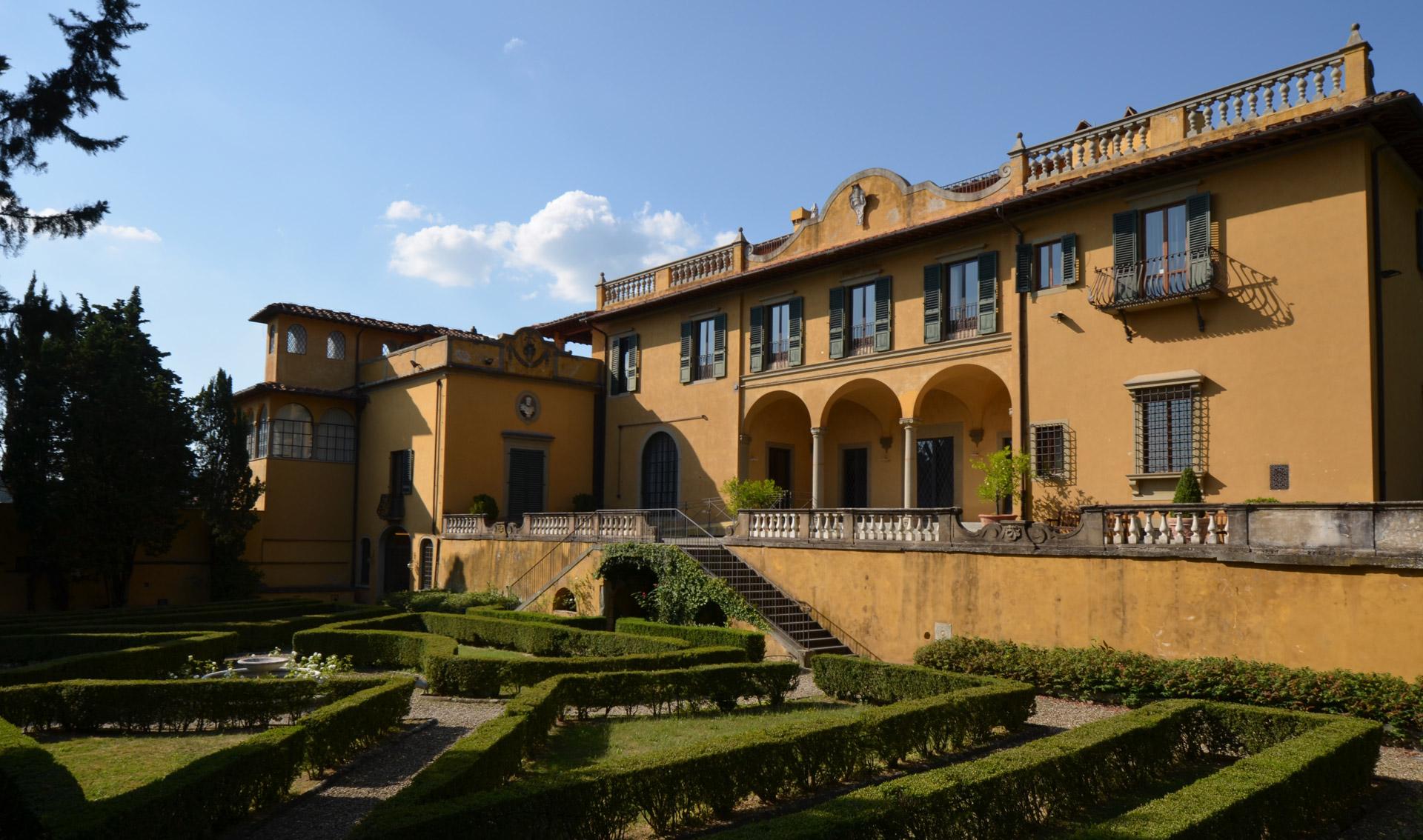Read more
Blog, Migration Governance
Cameron’s four options for restricting EU migration
David Cameron made a play for Eurosceptic hearts during his recent speech to the Conservative Party conference by promising to put the free movement of EU citizens at the heart of his renegotiation strategy...
Last week hundreds of migration researchers headed to Madrid to discuss their recent findings at the 11th annual IMISCOE conference.
IMISCOE, which stands for International Migration, Integration and Social Cohesion in Europe, is the largest European network of scholars working on migration and immigrant integration, bringing together over 500 researchers and 31 research institutions, among them the European University Institute (Florence), as well as many national centres specializing in migration such as the Swiss Forum for Migration and Population Studies (Neuchâtel). The conference included a wide range of topics covering issues such as the incorporation of immigrants in political parties as well as migration and social welfare in Europe, or religious practices of immigrants.
MIGPROSP research associate Leila Hadj-Abdou presented her work on immigration discourses in European cities. Her research has included an analysis of political party discourse in the capital cities of Ireland and Austria from the beginning of post-war immigration up to today, and Leila emphasized that debates about immigration and integration are predominantly shaped by economic and security concerns. At the city level, policy changes that extend the rights of immigrants are mostly driven and legitimised by economic arguments, she underlined.
Apart from stimulating insights in fresh research and panel discussions, one of the conference highlights was the first IMISCOE best paper award. The prize was given to the researchers Hein de Haas and Marie-Laurence Flahaux for their paper “Migration from, to and within Africa: the role of development and states.” The conference paper, which was produced in the framework of an ERC research project, was chosen by the selection committee because it challenges “general images of African migration in the media and sometimes is even counterintuitive scientifically”.
After two busy days, the conference ended with keynotes given by Alessandra Venturini, the Deputy Director of the Migration Policy Center (MPC, Florence), and Demetrios G. Papademetriou, the president of the Washington-based Migration Policy Institute (MPI). The economist Venturini argued that Europe needs immigration in order to address the ageing of its population. In an ageing society, immigrants are crucial for several reasons, she pointed out.
First, the demand for care services is increasing, while at the same domestic supply of carers (usually women) is decreasing. Second, the ageing of Europe also implies a negative impact for innovation and growth. Europe therefore needs the immigration of young people in order to be innovative. However, Venturini said, Europe has to realize that for innovation it does not exclusively need high skilled immigration: low skilled immigration is also important. She argued that migration policies should be fine-tuned to the respective labour markets of the destination countries, and added that the structure of the labour market and its ability to provide immigrants with jobs is decisive for the integration of immigrants.
Another influential factor regarding immigrant integration, Venturini reminded the audience, are diaspora politics of emigration nations. She recommended bilateral agreements on immigrant integration between receiving and sending nations as a potentially effective tool of integration. Venturini ended her speech with a plea to rethink refugee politics in Europe. The debate has focused exclusively on internal distribution, which misses the need for international solidarity, she underlined. The EU 28, for example, host fewer than 5% of the total Syrian refugee population, while countries outside of the EU, such as Lebanon, Jordan, and Turkey take care of the vast majority of Syrians in need of protection.
Papademetriou, the founder and head of one of the most influential migration think tanks, focused in his talk on differences between academic research and policy research. In contrast to academic research, policy research must anticipate future developments, he emphasized. He conceptualized policy researchers and think tanks, moreover, as a bridge between the academic world and the needs of policy makers. Papademetriou also underlined the importance for good policy research of independent funding, and the willingness to produce advice for policy makers based on possibly “inconvenient” evidence. “You have to have the willingness to take on unpopular topics”, he said.
Papademetriou highlighted the need for more research, in particular on (negative) attitudes towards immigration, and on irregular migration, phenomena that are likely to grow in coming years. He also identified as a pressing issue for Europe the question of high-skilled migration and the competition for the so-called “best and talented”. “You guys in this part of the world are losing, you are losing big. You have nothing to offer to people with skills”, he stated. One of his main messages to the conference audience finally was “if immigrants succeed, all of us succeed.”
What is sure is that there are many relevant topics still to be analysed. Migration researchers have to continue to look at the world in new ways, and to ask new questions. This is one of the aims of the MIGPROSP project. We are looking forward to discussing MIGPROSP findings at the next IMISCOE conference in Neuchâtel, Switzerland in 2015.

